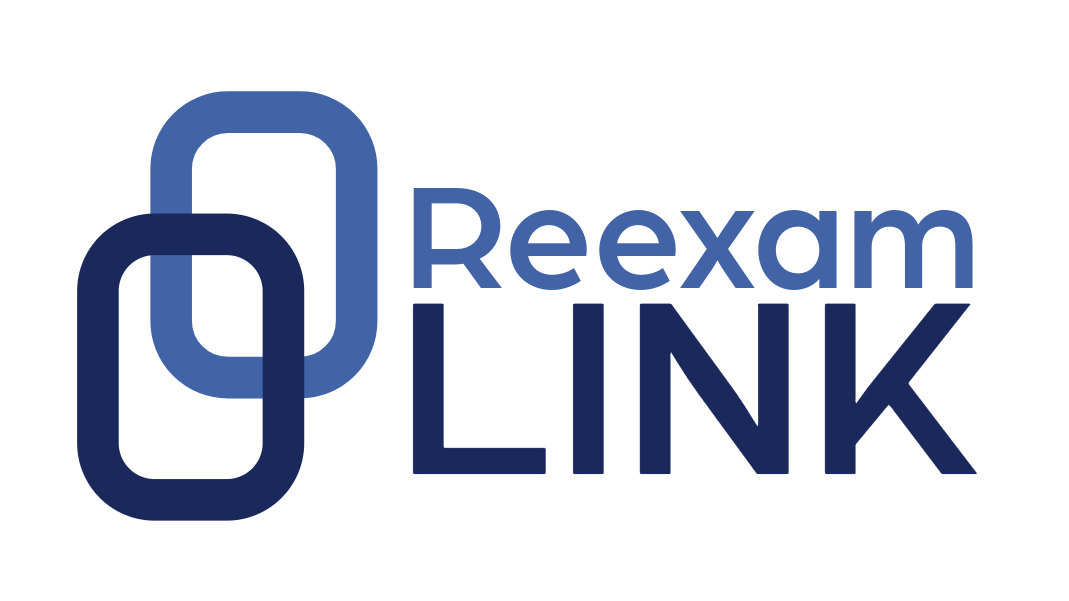Category: claim challenges
-
Federal Circuit Employs Phillips Claim Construction to Measure Claims Amended in Reexamination for Possible Intervening Rights
—
by
in Broadest Reasonable Interpretation, claim challenges, Claim Construction, clear and convincing evidence, covered business methods, Damages, Ex Parte Prosecution, Federal Circuit, inter partes review, intervening rights, Litigation, past damages, Phillips claim construction, Post Grant Review, preponderance of evidence, prior art, reexamination generallyWhen patent owners sue an accused infringer for patent infringement, one way for the accused infringer to avoid liability is to show noninfringement of the patent claims. But if the claims are extremely broad, the accused infringer may find it difficult to prove noninfringement and instead may have to rely on a showing of invalidity to avoid…
-
IPRs And Settlement of Patent Infringement Cases
The passage of the AIA is still relatively recent, yet statistics are starting to emerge that demonstrate the effective use of IPRs to settle patent infringement cases. IAM magazine recently published an interesting report by Unified Patents showing that IPRs have the effect of increasing the median time to settle litigations (from 211 to 420 days), but when viewed…
-
Federal Circuit Reinforces PTAB’s Authority to Institute Trial on Selected Claims in Synopsis v. Mentor Graphics Appeal
Newcomers to post-grant proceedings are often surprised by the PTAB’s claim-by-claim approach to patent challenges under the America Invents Act. When reporting statistics about IPRs, commentators tend to ignore these considerations: First, an IPR petition can be drafted to challenge all or some of the claims of a patent. So the set of challenged claims can be less…
-
Board Limits Multiple IPR Challenges in Samsung Electronics v. Rembrandt Wireless Technologies
June 22, 2015 Rembrandt Wireless Technologies sued Samsung and Research in Motion for infringement of U.S. Patent 8,457,228 in June 2013. The ‘228 patent relates to data communications, and in particular to a data communication system in which a plurality of modems use different types of modulation in a network. In June of 2014, Samsung filed six IPR…
-
Federal Circuit Interprets Board’s Broadest Reasonable Interpretation Standard – Part II
In Microsoft Corp. v. ProxyConn, Inc. v. Michelle K. Lee, Intervenor (Fed. Cir. cases 2014-1542 and -1543), the Federal Circuit reversed claim constructions made by the Board in the underlying IPRs. One of the claim constructions that was reversed related to the interpretation of components of a packet-switched network. In particular, the claims recite a…
-
Federal Circuit Interprets Board’s Broadest Reasonable Interpretation Standard – Part I
We know from the Federal Circuit’s decision in In re Cuozzo Speed Technologies, that the broadest reasonable interpretation (BRI) standard applies in IPRs, but in a recent appeal decision, the Federal Circuit has announced limits to the application of BRI. Microsoft had filed two separate IPR petitions challenging certain claims of U.S. Patent No. 6,757,717, which were later…
-
PTAB Denies 2Wire IPR Petitions
June 10, 2015 TQ Delta LLC sued Pace Americas, Inc. for patent infringement in the U.S. District Court for the District of Delaware in November 2013. TQ Delta LLC v. 2Wire Inc., Case no. 1:13-cv-01835-RGA. The complaint was amended to name defendants Pace PLC, Pace Americas, LLC and 2Wire, Inc. in January 2014. TQ Delta ultimately…
-
In re Cuozzo Speed Technologies: Federal Circuit Affirms Board Finding of Unpatentability in First IPR
The Federal Circuit affirmed the final determination of the Board in the first inter partes review under the Leahy-Smith America Invents Act (AIA). Garmin petitioned for IPR of claims 10, 14 and 17 of U.S. Patent No. 6,778,074 owned by Cuozzo Speed Technologies. The Board found these claims obvious and denied Cuozzo’s motion to amend the…
-
U.S. Bancorp CBM Results in Cancellation of Retirement Capital Access Management Co.’s Patent Claims
In 2011, U.S. Patent 6,625,582, entitled Method And System For Converting A Designated Portion of Future Social Security And Other Retirement Payments To Current Benefits, was assigned to Retirement Capital Access Management Company LLC. Benefit Funding Systems LLC asserted the ‘582 patent against U.S. Bancorp in June of 2012. Benefit Funding Systems LLC v. U.S. Bancorp, Case…
